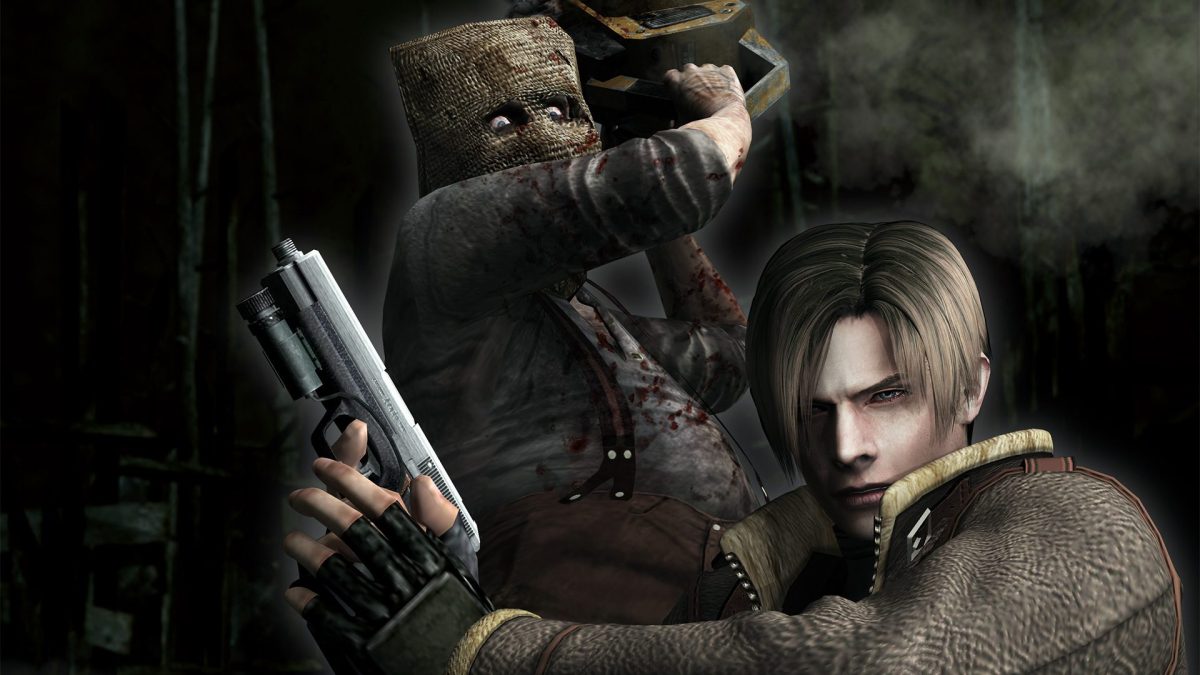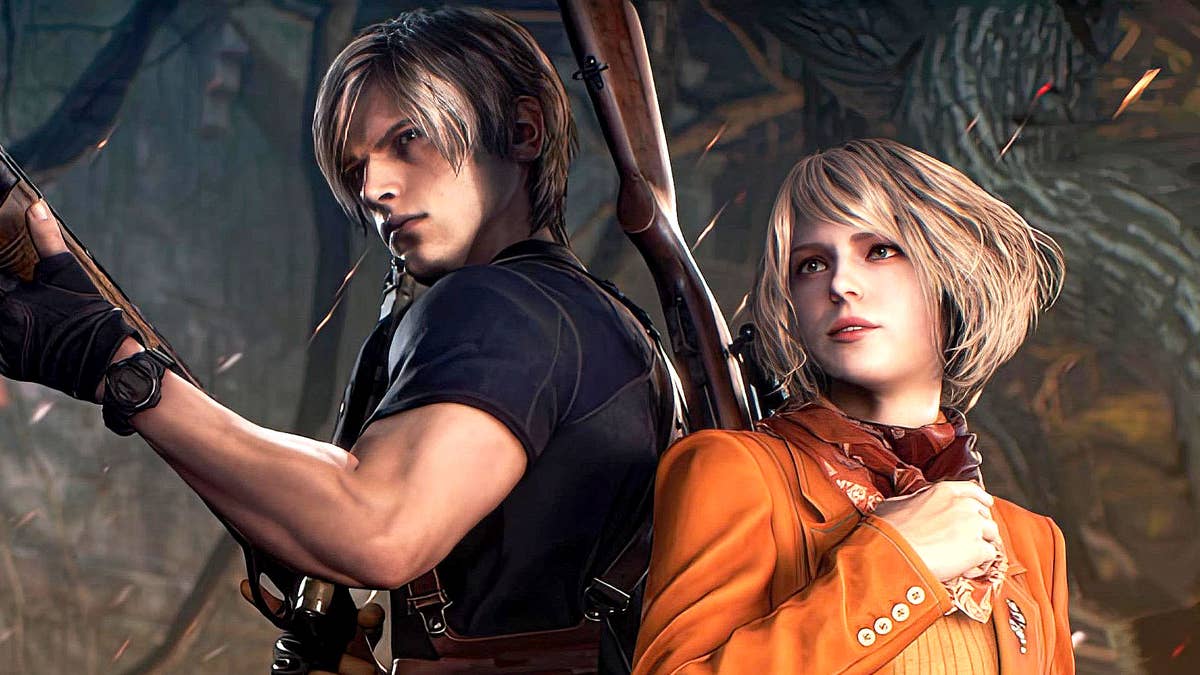The Resident Evil franchise has been so core part to video games that it’s impossible to imagine a world without it. Over the decades, the series has been through so much, and had many highs and lows—and what’s higher for the whole enterprise than Resident Evil 4?
Capcom’s put out so many versions of Resident Evil 4 over the years, including an acclaimed current-gen remake back in 2023. But its very first release was for the Nintendo Gamecube on January 11, 2005 as the penultimate game in a series of console exclusives dubbed the Capcom Five, and marked a big shakeup for the series. After several versions had been concepted and scrapped, longtime series director/producer Shinji Mikami took the reigns on a full reinvention. By that point, he and other developers felt things had gotten long in the tooth and hoped to spice things up in the right ways.
Among Mikami’s key changes were replacing zombies with a new undead enemy called the Ganados, employing a more dynamic camera instead of fixed angles, and not centering the story on the evil Umbrella Corporation. But the biggest shift was in how the game was played: rather than slow, tank-like controls, he wanted more of an action focus and third-person, over-the-shoulder shooting. That style of gameplay didn’t sit well with everyone on the team, but they came around once he explained why he wanted the changes he did. In a 2004 interview with IGN, producer Hiroyuki Kobyashi similarly reassured the fanbase this was still a proper Resident Evil game, just one that could also serve as a jumping on point for those who either bounced off the earlier entries or hadn’t played the games at all.
 Capcom
CapcomBy now, we all know Resident Evil 4 received critical acclaim and is regarded as one of the best games of all time. It’s also one of the most influential: from Gears of War and Dead Space to the more recent Last of Us and God of War, you can find a lot of its DNA in any major third-person game that came out between 2006 to basically now. Similar mimicry was found in other survival horror series at the time, with then-new installments for Silent Hill and Alone in the Dark also trying to go for an action/horror blend, but not with quite the same success or glowing reception. Later Resident Evil games continued the third-person shooter combat, and the first-person Resident Evil Village was developed as a blend of that game and 2017’s Resident Evil 7, according to Village director Morimato Sato.
But Resident Evil 4’s biggest impact came as it was ported over to the PlayStation 2 in October that same year. In a way, it was the game’s most definitive version, since it featured new features and material not found in the Gamecube version, including the “Separate Ways” side-story starring supporting character Ada Wong. The PS2 was notable for having an incredible third-party game library back in the day, and RE4 was among the cream of the crop. Resident Evil has never been a PlayStation-exclusive series, but the two are forever linked, and like with Final Fantasy, it meant something at the time to have a mainline entry on a PlayStation console.
However, its jump to the PS2 wasn’t without its bumps. Once Capcom revealed Resident Evil 4 wasn’t Gamecube exclusive, Mikami’s anger at the situation helped lead to the creation of several new developers. The first was Clover Studio, where Mikami and Hideki Kamiya—the man whose scrapped RE4 ideas led to the creation of Devil May Cry—worked on cult classics like God Hand and Okami. After that studio closed, the two helped co-found PlatinumGames, which Kamiya led the studio and directed its flagship action series Bayonetta and the beloved 2017 gem Nier: Automata. For him, things have come full circle: having departed Platinum in 2023, he’s now in charge of the recently-announced Clovers Studio, which is making a follow-up to Okami. Meanwhile, Mikami founded Tango Gameworks, which went on to create the Evil Within games and 2023’s extremely awesome Hi-Fi Rush. Microsoft shut Tango down after Rush’s release, but the studio has been recently reborn by Krafton. Mikami left Tango before its closure, and it seems he’s since started up a new studio that’s presumably doing its own thing.
 Capcom
CapcomWhatever that Mikami’s next project ends up being, it’ll inevitably garner comparisons to his previous work, and Resident Evil 4 in particular. There’s just no escaping that game’s shadow, both because of how deeply it’s become entrenched in video games over the decades, and also because it’s playable on pretty much everything in some capacity. Even if Capcom suddenly decided to stop the survival horror franchise right this moment, that wouldn’t do much of anything. Resident Evil 4 refuses to be forgotten, and it likely never will be, since it’s become so entrenched in the medium.
Want more io9 news? Check out when to expect the latest Marvel, Star Wars, and Star Trek releases, what’s next for the DC Universe on film and TV, and everything you need to know about the future of Doctor Who.








:quality(85):upscale()/2025/01/14/931/n/1922564/0dc333a96786d52b2c80c7.95468346_.jpg)
 English (US) ·
English (US) ·